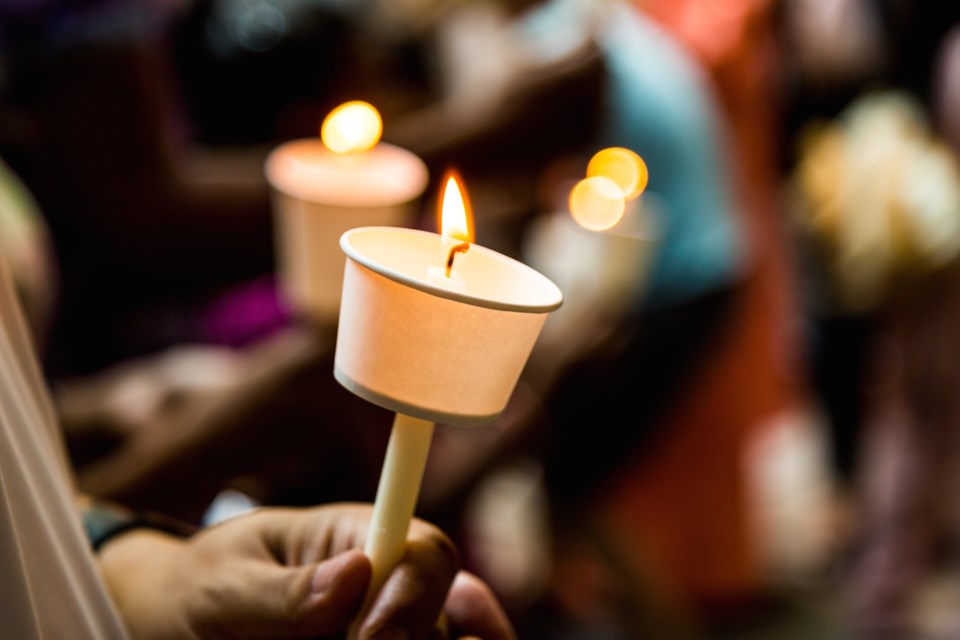WELLINGTON COUNTY - Nearing the end of Women’s History Month, a Wellington County councillor is organizing a virtual vigil to remember women who have been lost to male violence.
Diane Ballantyne is a Wellington County councillor and the organizer of the Virtual Vigil in Remembrance of Women we have lost to Male Violence, which will be taking place on Wednesday at 7 p.m.
“We’re not going through a list of names of lives that have been lost,” says Ballantyne, “It’s more of a universal honouring of the remembrance of women that have experienced violence at the hands of men.”
The vigil will start with a land acknowledgment followed by a yoga instructor leading the group in a deep breathing exercise. Then, Ballantyne will talk about some of the statistics from the femicide report and share resources from the Guelph Wellington Women in Crisis.
After that, six women will present different short poems or spoken word pieces on this issue with another deep breathing exercise led by the yoga instructor to end the event.
The decision to organize this event came after the release of the Canadian Femicide report, which mentions 160 women were killed in Canada last year due to femicide with one in five victims being an Indigenous women.
“Every two and a half days, a girl or a woman is killed in Canada,” says Ballantyne, “And two-third of those were in a relationship, in some form, to the men that murdered them.”
Women of colour and women identified are also more likely to experience racism along with this type of violence.
“It’s deeply disturbing,” she continues, “It’s heartbreaking and it also makes me, really, really angry, it’s a very complicated web of feelings.”
With a lot of problems to pick apart from the femicide report, Ballantyne says one of the most important things people can do is talk openly about the issue, including what is happening and why.
“To label it as male violence against women is an important way to frame the problem so we can work towards the solution,”
As a high school teacher, Ballantyne says education and communication are the best ways to tackle issues like sexism and femicide.
“If we’re not truly labelling a problem, then we’re not really working to figure out how to fix it,” she comments.
Ballantyne says past terms like ‘violence against women,’ don’t explain where the violence is coming from.
“We know that the statistics overwhelmingly show us that violence against women is male violence against women,” she explains, “And doesn’t mean there isn’t male violence against men and boys, there is, and the statistics show the overwhelming violence against men and boys, is also done by young men and older men.”
“To label it as male violence against women is an important way to frame the problem so we can work towards the solution.”
That solution will also have to include space to let boys express their full emotions, from sadness to insecurities, and accepting those emotions is critical to everyone's health and well-being.
“That’s a really important piece for us to understand," says Ballantyne, "And women have a role to play as well."
By hosting this event, Ballantyne hopes people will leave with a sense of hope toward improving this issue.
“I want people to feel deeply about it, I want them to realize that they are in community with others, with difficult things, and that they feel hopeful and empowered,” she says.
To register for the event, click here.
